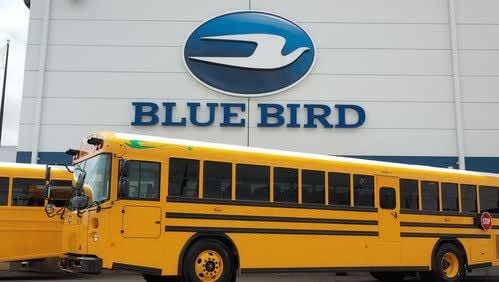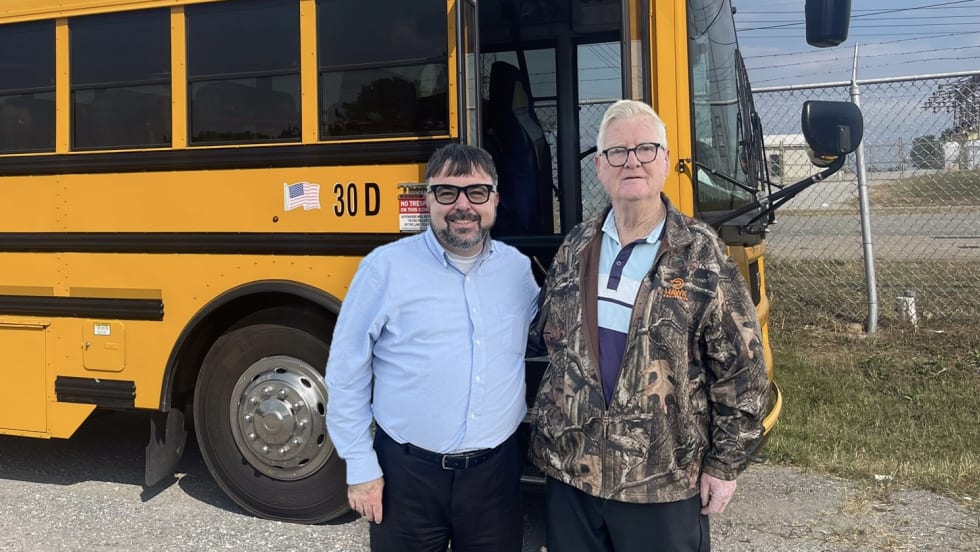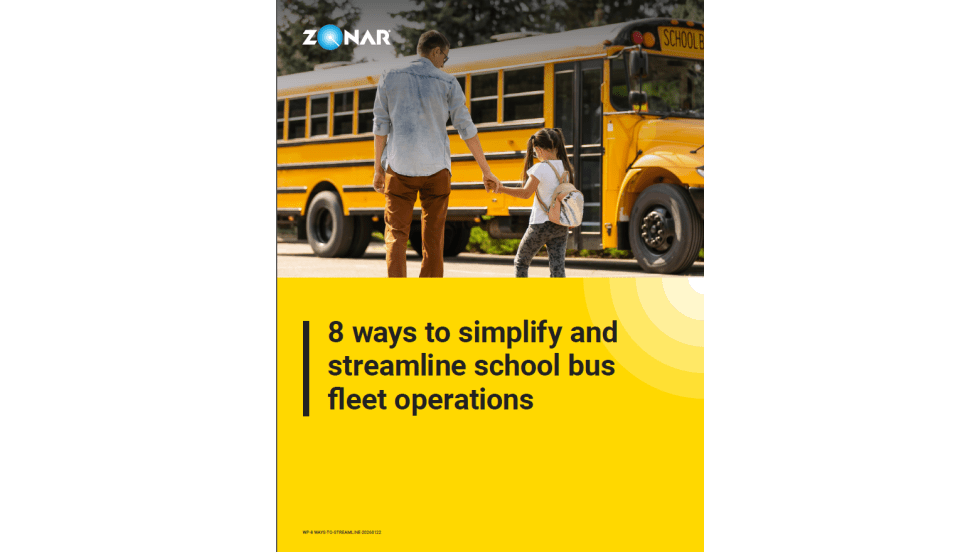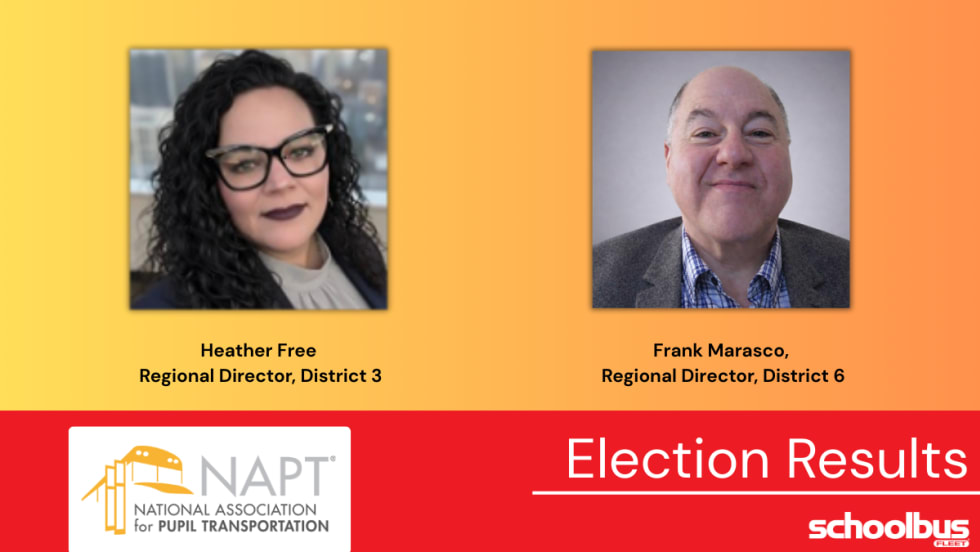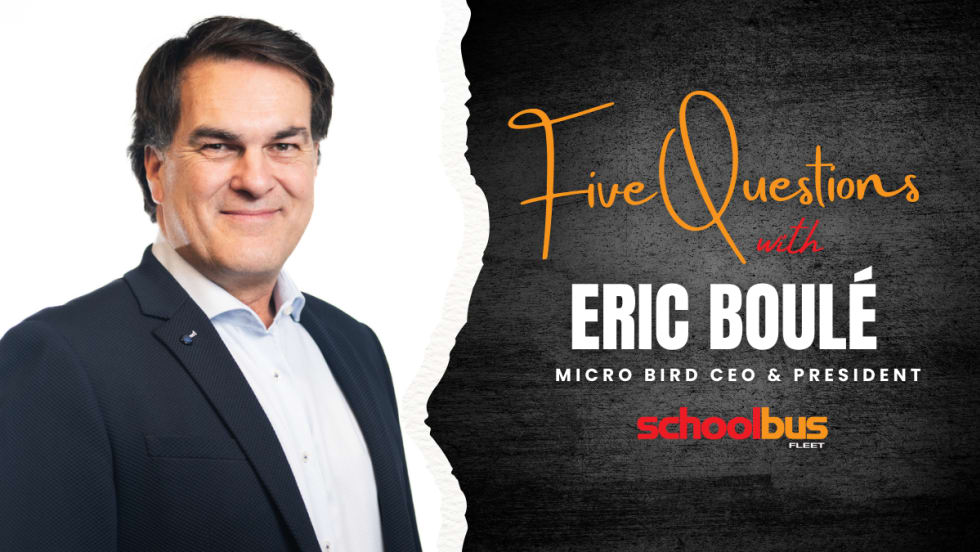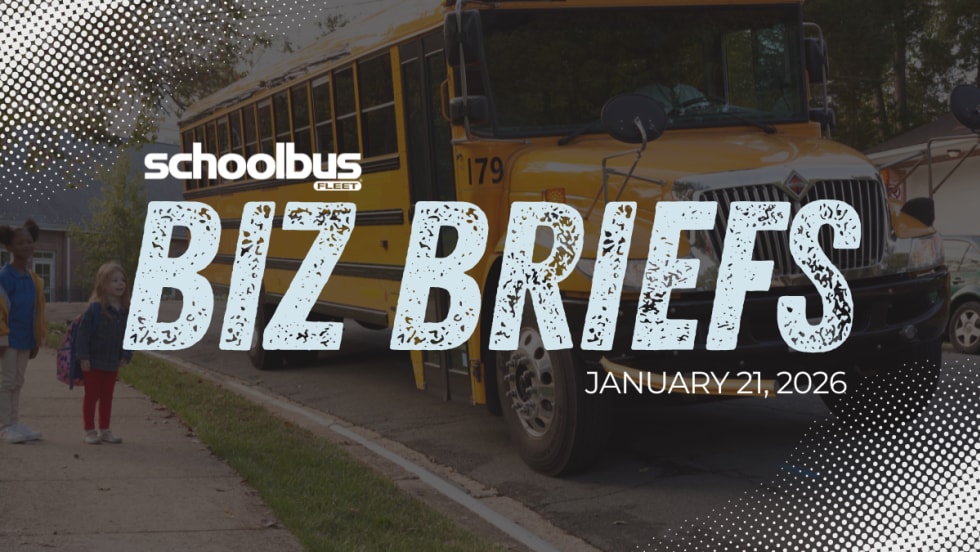Supply chain disruptions, COVID outbreaks, and shortages of parts and labor meant Blue Bird Corporation ended the year with more than 4,200 vehicles in backlog.
“Overall, it was a tough year,” said Razvan Radulescu, the company’s chief financial officer, during the fourth-quarter earnings call with investors on Wednesday.
He noted that although demand seemed soft early in 2021, it grew more robust as schools reopened despite the ongoing coronavirus pandemic. But then raw materials and semiconductors grew scarce, leaving Blue Bird – like its competitors – with buses it couldn’t finish and ship to waiting school districts.
“We were encouraged by new orders of more than 9,700 buses this year as the school bus industry rebounded strongly in the second half of the year with schools reopening and fleet replacement resuming,” said Blue Bird CEO Matt Stevenson in a statement. It was Stevenson’s first earnings call since joining Blue Bird in July and assuming the CEO role in November.
“Unfortunately, like the majority of the automotive industry, our production was limited by supply chain constraints,” he said. “As such, we have built a substantial order backlog … comprising both our traditional internal combustion engine buses and a record level of electric buses.”
For the year, the company sold 6,679 vehicles – about half of them equipped with alternative power options, such as electric or propane, Stevenson said.
Blue Bird finished with annual revenue reported at $684 million – down $195.2 million compared to 2020. Looking ahead, the company currently projects net revenue between $750 million and $850 million for fiscal year 2022.
Stevenson said in the news release that “there is clear evidence of exciting longer-term trends in demand and we are going to be ideally positioned to capture our profitable share. The unprecedented situation in the world around us has only temporarily delayed what I see as a remarkable opportunity ahead for our company and its investors.”
He said he expects that the recently passed bipartisan infrastructure bill and the Build Back Better legislation will continue to fuel demand for environmentally friendly electric and low-emission buses.
Steps that Radulescu outlined for leading Blue Bird back toward pre-pandemic profitability include:
Implementing an 11% price increase to recover known cost increases
Reducing quote guarantee from 90 to 60 days
Engineering second- or third-source suppliers for key components, resourcing where needed
Exploring vertical integration
Introducing a variable pricing structure
The company recently got a $75-million investment from Coliseum Capital Management to help with scaling production of electric vehicles and infrastructure. Blue Bird also intends to expand its reach beyond the familiar yellow school bus by making its chassis with factory-installed electric drivetrains available to the commercial vehicle market, Stevenson said.
He told listeners on the call that there’s been “a lot of interest in everyone from last-mile delivery to mobile homes. We build a great chassis with a great aftermarket support network and people realize that.”
Blue Bird also filed a $200-million shelf registration to provide flexibility to raise capital “should this become necessary” during the next three years, Radulescu said.




